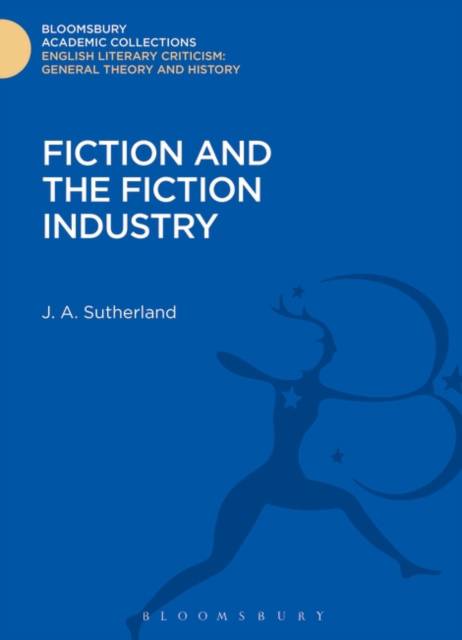
- Afhalen na 1 uur in een winkel met voorraad
- Gratis thuislevering in België vanaf € 30
- Ruim aanbod met 7 miljoen producten
- Afhalen na 1 uur in een winkel met voorraad
- Gratis thuislevering in België vanaf € 30
- Ruim aanbod met 7 miljoen producten
Zoeken
Omschrijving
This topical, lively and wide-ranging book examines the material conditions under which the contemporary English novel is produced and consumed. Its starting point is the general economic emergency which showed up these conditions with unusual clarity in the early 1970s. The first section of the book, 'Crisis and Change', considers the changing patterns of institutional book-purchase, inflation and novel-production, the 'Americanisation' of the British book trade, and the present state of fiction reviewing. The second section, 'State Remedies', surveys such interventions, and failed interventions, as Public Lending Right, Arts Council patronage, and university support for creative writers. The third section, 'Trends, Mainly American', selects specific areas (paperback publishing, self-publishing, book-clubs, television work) which offer pointers to significant future developments in British literary culture. Fiction and the Fiction Industry pays close attention to actual novels, combining literary criticism with its examination of the book trade.
Specificaties
Betrokkenen
- Auteur(s):
- Uitgeverij:
Inhoud
- Aantal bladzijden:
- 262
- Taal:
- Engels
- Reeks:
Eigenschappen
- Productcode (EAN):
- 9781472513151
- Verschijningsdatum:
- 8/05/2014
- Uitvoering:
- Hardcover
- Formaat:
- Genaaid
- Afmetingen:
- 156 mm x 234 mm
- Gewicht:
- 544 g

Alleen bij Standaard Boekhandel
+ 644 punten op je klantenkaart van Standaard Boekhandel
Beoordelingen
We publiceren alleen reviews die voldoen aan de voorwaarden voor reviews. Bekijk onze voorwaarden voor reviews.








